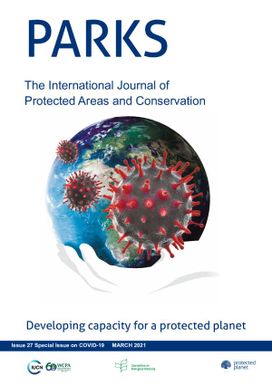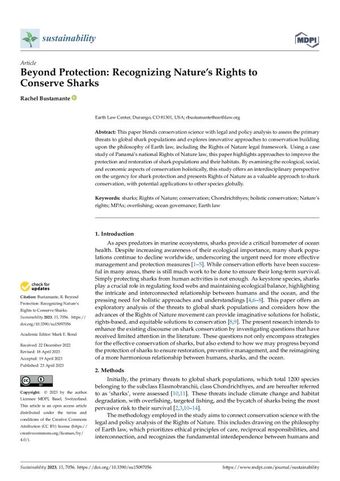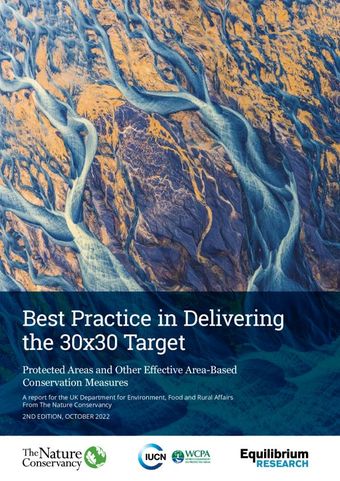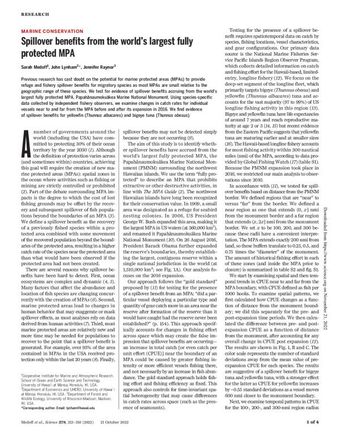The International Journal of Protected Areas and Conservation - Developing capacity for a protected planet
- Description:
- This introduction provides an overview and commentary on the papers in a special issue of PARKS, which is devoted to the impact and implications of COVID-19 on the world’s protected and conserved areas. It describes how 11 peerreviewed papers and 14 essays have brought together the knowledge and findings of numerous experts from all parts of the world, supported by several wide-ranging surveys. The resulting global synthesis of experience answers some key questions: why did the pandemic occur? what has it meant for protected and conserved areas, and the people that depend on them? what were the underlying reasons for the disaster we now face? and how can we avoid this happening again? We applaud the international effort to combat the disease but suggest that humanity urgently needs to devote as much effort to addressing the root causes of the pandemic – our fractured relationship to nature. Unless we repair it, humanity will face consequences even worse than this pandemic.
- Display date:
- 2021
- Location:
- Worldwide
- Collections:
- Secretariat of the Pacific Regional Environment Programme (SPREP)
- Publisher:
- IUCN
- Content partner:
- Secretariat of the Pacific Regional Environment Programme (SPREP)
- Availability:
- Not specified
-
Copyright status: All rights reservedFind out more about what you are able to do with this itemThis item is all rights reserved, with means you'll have to get permission from Secretariat of the Pacific Regional Environment Programme (SPREP) before using it. For more information, please see our use and reuse page.What can I do with this item?Non-infringing useNZ copyright law does not prevent every use of a copyright work, and this item may be hosted by an international institute or organisation. You should consider what you can and cannot do with a copyright work.No sharingYou may not copy and/or share this item with others without further permission. This includes posting it on your blog, using it in a presentation, or any other public use.No modifyingYou are not allowed to adapt or remix this item into any other works.No commercial useYou may not use this item commercially.
Related items
Welcome and warm Pasifik greetings
The information on this site has been gathered from our content partners.
The names, terms, and labels that we present on the site may contain images or voices of deceased persons and may also reflect the bias, norms, and perspective of the period of time in which they were created. We accept that these may not be appropriate today.
If you have any concerns or questions about an item, please contact us.



